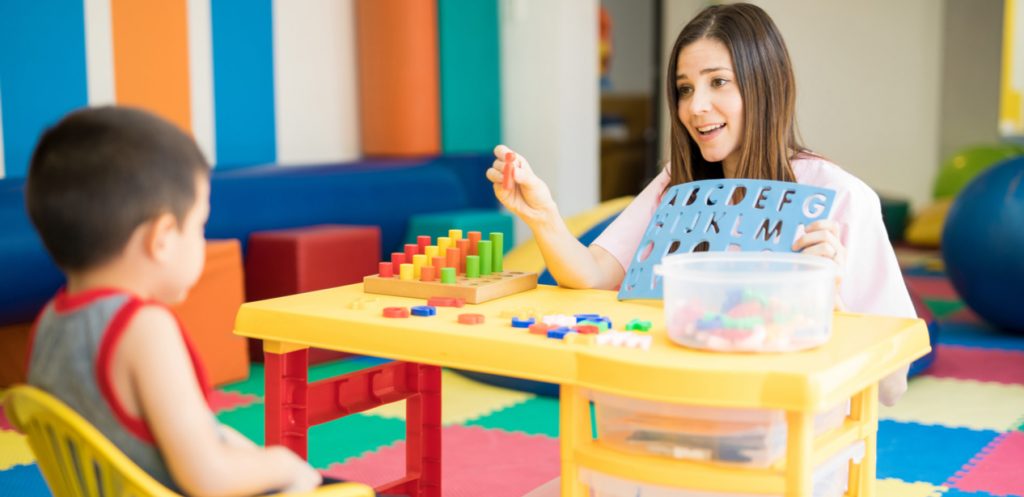All You Need To know
How does language develop?
One of the most common questions that worries mothers a whole lot is that of speech and language development. The most recurrent questions I get are “is this normal, is my child delayed or not and should I be worried”.
The stages of developing speech and language skills are pretty much similar but the age by which children become fluent speakers can differ a whole lot. Nevertheless, there are still average benchmarks that can help us moms understand what our children can do at a specific age.
First and foremost, it’s important for us to make the distinction between speech and language. Speech is the verbal expression of language and it includes the way sounds and words are formed while language is the system by which we give and get information in a meaningful way and can be verbal, nonverbal and/or written.
You can also read: How positive language development impacts your toddler’s development
Language development in children: some points of reference
6 to 12 months
At this age, children often emit cooing sounds and babbling (e.g. ma-ma; da-da). They may not understand exactly what the words mean but slowly string the sounds together and eventually start associating those sounds to actual objects, actions or people.
12 to 15 months
At this age, children begin to develop a larger repertoire of speech sounds in their babbling and are able to start imitating sounds that they hear on a daily basis. They can often say more than one word to express what they need and can also understand simple instructions such as “give mommy the ball”.
18 to 24 months
At this age, toddlers are able to say about 15 to 25 different words which eventually double up by the time they are 2, leaving them with a repertoire of approximately 50 words. They may also start linking specific words to one another such as “small toy” or “mommy laugh”. At this age, children are also able to identify different body parts when asked (e.g. point to head, nose…). They can also identify certain objects in their environment (and even identify them in pictures or on the TV) and can start following two-step instructions (e.g. pick up the ball and put it in the box).
2 to 3 years
At this age, your child slowly transitions from being a toddler to a child with a much bigger repertoire of words, approximately 250 to 1000 words by the third year. This is just a rough estimate though, at this stage, children are able to identify many objects and express themselves a lot, so it’s really hard to pinpoint an exact number here. Children are now able to combine two to three words to form intelligible sentences. With that, comprehension also increases and children are now able to point to toys, food, more body parts, clothing items and more objects that are present in their environment. They can now start identifying colors and describing specific items too.
Do you know What Is Auditory Processing Disorder?
Signs to look out for:
The points of reference discussed above can be used to understand what milestones children are able to reach at different age groups. Nevertheless, many typically developing children reach these milestones later than expected. Some children simply take a little longer to reach speech and language milestones.
Here are a couple of signs to look out for (and seek medical attention) that may indicate that a child is experiencing a speech or language delay:
- A child who isn’t vocalizing
- A child who does not respond to sounds in his surroundings
- A child who does not use any gestures by the age of 1 year
- A child who has trouble imitating sounds by 18 months
- A child who has trouble understanding simple requests (18 to 24 months)
- A child who doesn’t produce words or phrases spontaneously by the age of 2 years
- A child who doesn’t use language to communicate his needs (and more) by the age of 2 years
- A child who has an unusual tone of voice
- A child who is unintelligible by the age of 4 (parents and caregivers do not understand what the child is trying to say
I hope this post was beneficial and answered some of your questions.
Should you freak out when your child misses a development milestone?






